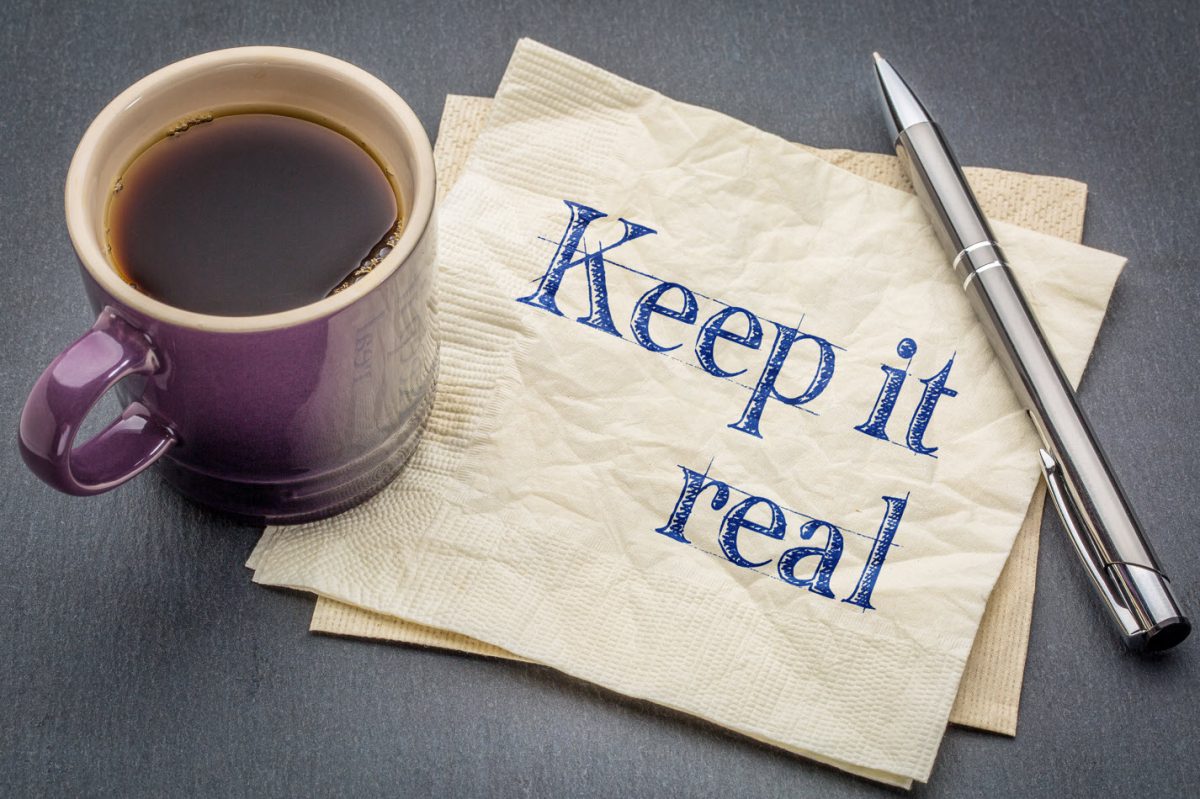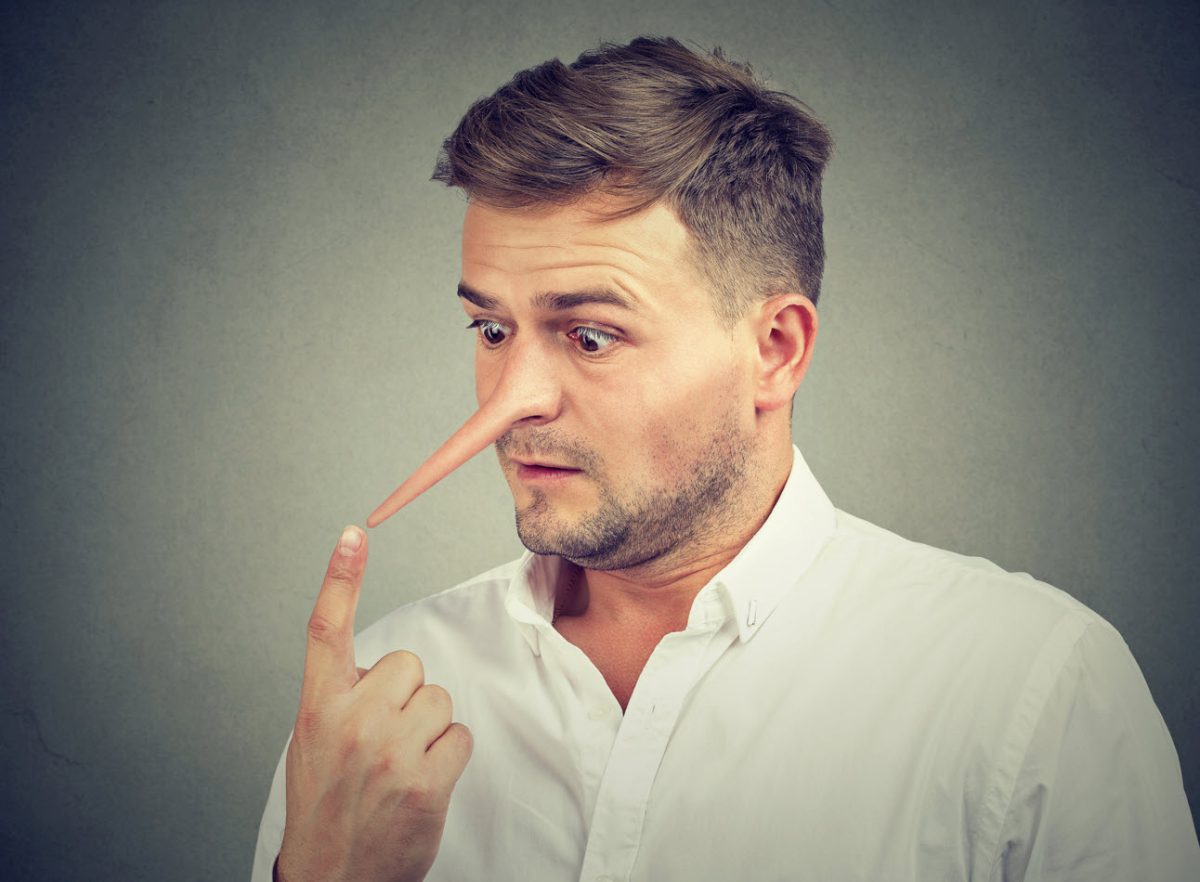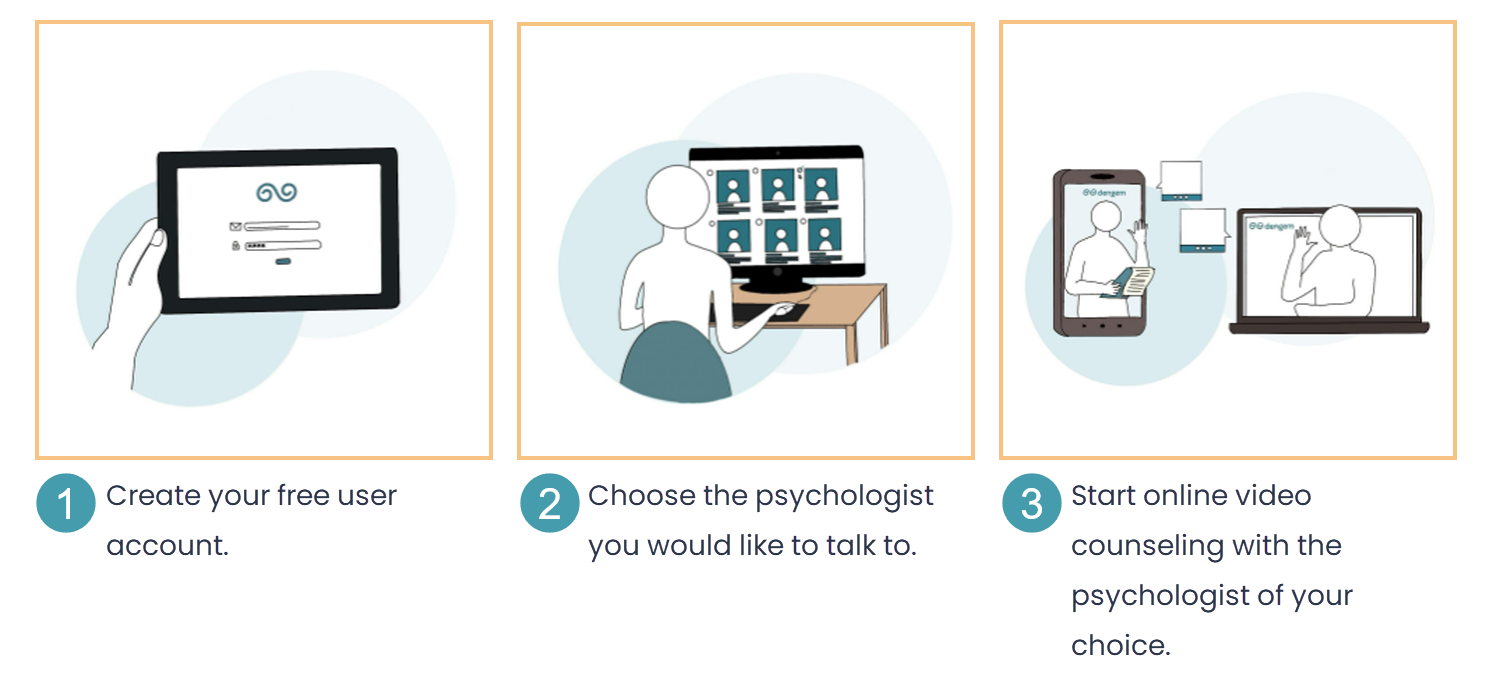
Honesty: What makes an honest person?
What is honesty?
Honesty means being truthful and fair in what you say and how you behave, without deception, fraud or misrepresentation. Honesty helps people maintain trust and respect in their relationships with others. For this reason, honesty is an important part of a person’s character and is highly valued in society.
dengem's psychologists are just a click away and ready to help you in solving your problems.
How do you recognise an honest person?
Honest people are usually characterised by the following qualities
- They are truthful: Honest people say what they believe to be true and do not lie.
- They are trustworthy: To trust a person’s honesty, he or she must be trustworthy. Honest people keep their promises and do what they say they will do.
- They are fair: Honest people behave fairly and justly. They respect the rights of others and avoid cheating.
- They respect themselves: Honest people respect themselves and others. They are honest and open with themselves and others.
- They are responsible: Honest people take responsibility for the consequences of their actions. They acknowledge their mistakes and try to make amends.
- They are empathetic: Honest people try to understand and empathise with the feelings of others. They respect the needs and different perspectives of others.
- They have good intentions: Honest people do not act with malicious intent or to harm others. They act in good faith and hope that others will act in good faith.
Of course, the degree of sincerity varies from person to person, and not everyone can be completely honest all the time. However, people with the above qualities are usually more honest than others.

Why is honesty important?
Honesty is extremely important for the quality of interpersonal relationships and for maintaining trust in society. Here are some reasons why being honest is important:
- Trust and respect: You gain the trust and respect of other people. People trust honest people more and build closer relationships with them.
- Good communication: You communicate well by speaking clearly. This avoids arguments between people and builds healthier relationships.
- Reputation: You maintain your reputation and have a respected position. In business, honest people are seen as more trustworthy and are preferred by employers.
- Moral values: Honesty is the foundation of moral values. People do the right thing when they act honestly and a more moral structure is created in society.
- Responsibility: People take responsibility for what they do. If they do something wrong, they stand by their mistakes and try to solve problems.
- Positive influence: They have a positive impact on others. Their honesty and integrity encourages others to be honest and raises the general level of integrity in society.
- Trustworthiness: You are seen as trustworthy. Therefore, their words are believed and their suggestions are trusted.
For all these reasons, honesty increases trust and respect between people and contributes to a healthier and more moral structure in society. Honesty is also important in the business world because employers prefer honest employees and honesty protects the reputation of companies.
Honesty is also important in science, where the accuracy and reliability of scientific data is crucial to scientific progress. Honesty is therefore an important value for individuals and societies, and people should make honesty a part of their lives.

How do you become an honest person?
The following steps are the path to honesty.
- Be open and honest with yourself: To become an honest person, you must first be honest with yourself. Evaluate your own thoughts and behaviour honestly and admit your mistakes. Being honest with yourself will help you to be honest with others.
- Avoid lying: To be an honest person, it is necessary to avoid lying. Sometimes lying seems like an easy solution, but in the long run it can lead to loss of trust and growing problems. Instead of lying, be honest and tell the truth.
- Keep your promises: Part of being an honest person is keeping your promises. If you promise something to someone, keep your word and try to do what you have promised. Don’t make promises you don’t think you can keep, or if you can’t be realistic about what you can promise.
- Show respect for others: An honest person shows respect to others. By respecting the opinions and feelings of others, you can build healthy and honest relationships with them.
- Take responsibility: Being an honest person means taking responsibility for the consequences of your actions. Admit your mistakes and try to solve problems. Taking responsibility makes you honest and trustworthy.
- Show empathy: An honest person respects other people’s feelings and needs. Empathy helps you understand others’ perspectives and enables you to build healthier relationships.
- Honesty as a lifestyle: Being an honest person should be a way of behaving. Honesty is important not only in relationships with other people, but also in business, friendships and family life. When honesty becomes a way of life, it is easier to do the right thing and avoid doing the wrong thing.
Being an honest person requires constant effort, and from time to time you will encounter difficulties. However, honesty strengthens trust and respect between people, helps to build a healthier and more moral society and is important for personal development.

How can I identify a dishonest person?
Identifying dishonest people can sometimes be difficult, but if you are observant you can spot some signs. Here are some signs to help you spot dishonest people:
- Lying: They tend to lie. They may even tell little lies. If a person lies a lot, or if their stories are contradictory, they are likely to be dishonest.
- Not taking responsibility: They act as if they are not responsible for their actions. If they do something wrong, they blame others or put the responsibility on someone else.
- Unreliable behaviour: They may behave in an unreliable way. For example, they may not keep their promises.
- Manipulating others: They try to manipulate others. This may be done by hiding the truth or misleading others with false information or deception.
- Self-interest: They focus only on their own interests and ignore the needs of others.
- Inconsistent behaviour: Their words and actions may be contradictory. For example, they may not stand by what they say or behave differently.
- Criticism: They may find it difficult to accept criticism. They may take criticism personally and lie to defend themselves.
These signs give clues as to who is dishonest, but they are not always enough to make a definitive judgement. Everyone has different personality traits and behaviours, so it is important to always look for honesty and take the time to get to know people.
References:
- Ayal, S., Hochman, G., & Ariely, D. (2016). Editorial: Dishonest Behavior, from Theory to Practice. Frontiers in Psychology, 7. Ehrlichkeit Sprüche
- Cooper, B., Cohen, T. R., Huppert, E. L., Levine, E. E., & Fleeson, W. (2023). Honest Behavior: Truth-Seeking, Ehrlichkeit Sprüche, Belief-Speaking, and Fostering Understanding of the Truth in Others. The Academy of Management Annals.
- Medai, E., & Noussair, C. (2021). Positive Emotion and Honesty. Frontiers in Psychology, 12.
